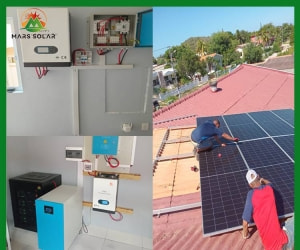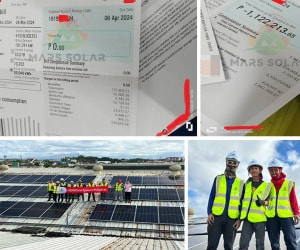South Africa carbon tax can boost its solar power system for house industry
Since developers are targeting the South African government to impose anti-dumping duties on solar power system for house products imports, Cyril Ramaphosa's ANC system can claim to be a pioneer in tackling climate change by introducing a national carbon tax.

The South African president signed the 15th Carbon Tax Act of 2019, which will tax greenhouse gas emissions since Saturday and may help revitalize the country's solar power system for house industry. South African solar power system for house companies are affected by the financial dilemma widely publicized by the national utility ESKOM, and solar panels for your home project developers warn that protectionist measures for cheap module imports will further hamper the country's solar panels for your home energy transition.
The government hopes that its new emission carbon tax will encourage polluters to switch to solar panels for your home, even if the law has been severely restricted in the first phase of its first three and a half years solar panels for your home. Under the terms of the legislation, after a nine-year consultation period, the carbon tax will apply to emitters whose activity exceeds the specified threshold, such as electricity and thermal suppliers using more than 10 megawatts of thermal power.

According to the announcement issued by the South African government on Sunday, the first phase will be completed from Saturday to 2022 - a series of tax-free limits will be provided to enable large emitters to adapt to the solar power system for house before the second phase, which will take effect from 2023 to 2030. However, it is necessary to review the success of the opening phase. Since selected emitters are eligible for tax credits to eliminate all carbon tax liabilities, and most emitters have a carbon tax exemption limit of 90%, all emitters are eligible for the basic 60% carbon allowance for the first phase of the program.
Each “process” and “escape” emissions will provide a 10% tax credit – these emissions are not defined in the announcement, but may apply to incidental and inevitable emissions that aid direct operations and energy consumption – as well as unspecified “trade” Exposure to the department's 10% subsidy. For those who demonstrate that they are reducing emissions, they will receive a 5% “Performance Allowance”and a 5% “Performance Allowance” for those who meet the reporting requirements for carbon budgets. Global law firm Eversheds Sutherland reported yesterday that the number of allowances can also apply for up to 10% of carbon offset activities with a bonus of 5% or 10%.
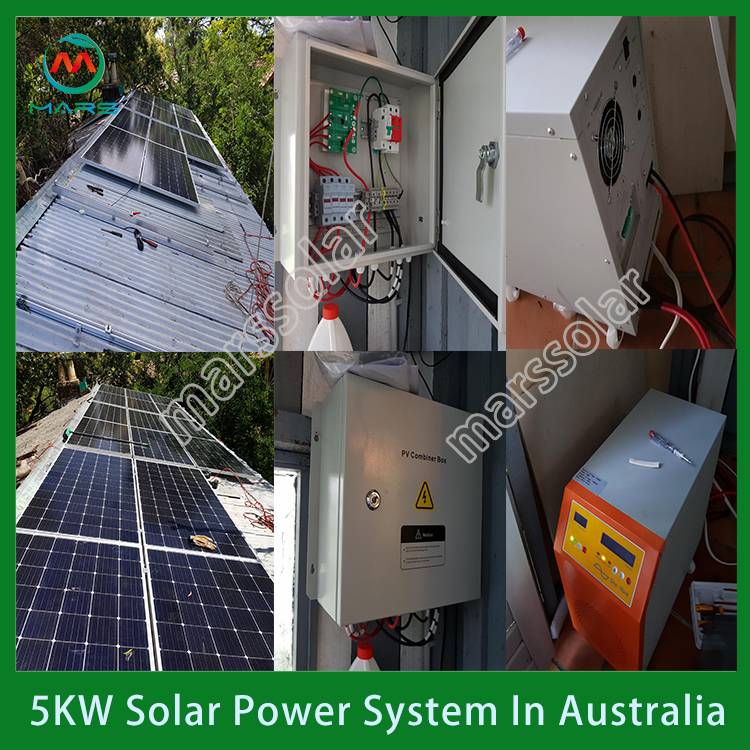
The government announced that the initial carbon tax rate has no effect on consumer prices, as it will apply at low tariffs as low as Rs. 6-48/tonne ($0.41-3.25). Eutheds Sutherland pointed out yesterday that the entry rate will be ZAR120/ton before considering the quota, and will increase the consumer price inflation level by 2% in the first phase of the previous year, and the annual consumer inflation rate will increase in the second phase. "As prices of goods and services rise, consumers will definitely begin to feel the impact in the coming months," Eversheds said.
-
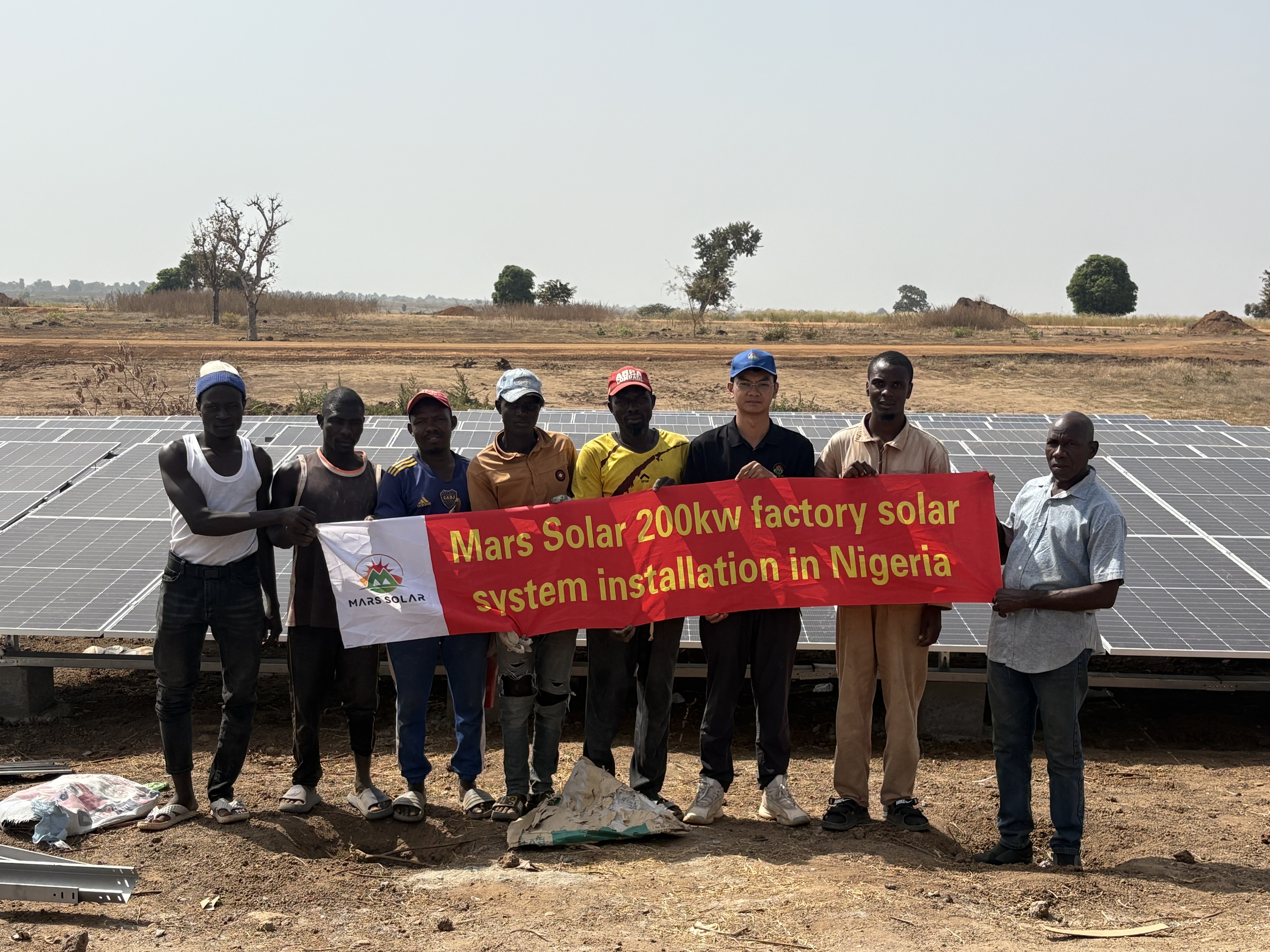 Case Study: 200kW Solar Power System Project for a Rice Mill in a Remote Area ofProject Overview This is a rice mill located in a remote area of Abuja, Nigeria. The local municipal power supply is unstable, and electricity tariffs have increased multiple times this year. Due to the unreliable grid power, the customer can only oper
Case Study: 200kW Solar Power System Project for a Rice Mill in a Remote Area ofProject Overview This is a rice mill located in a remote area of Abuja, Nigeria. The local municipal power supply is unstable, and electricity tariffs have increased multiple times this year. Due to the unreliable grid power, the customer can only operDo you like ?0
Read more -
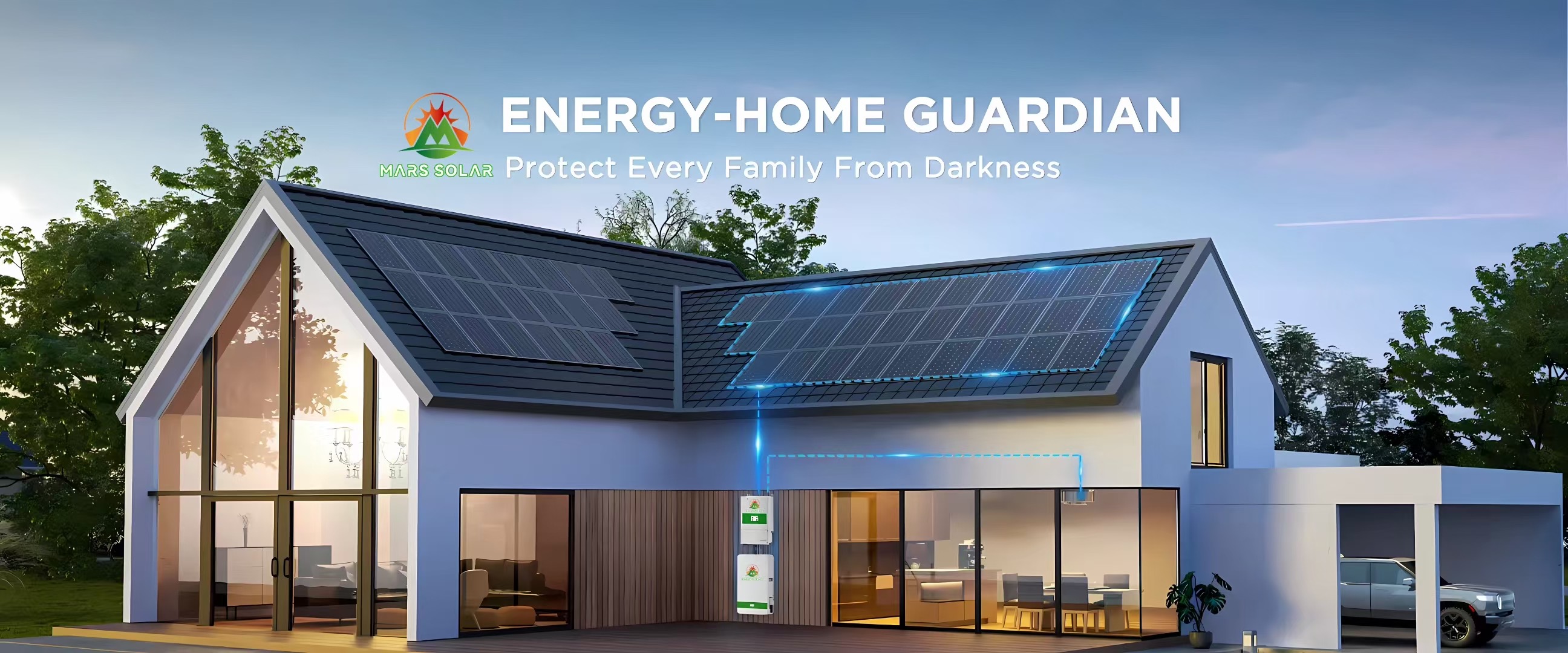 Solar PV System Expansion: Compatibility, Efficiency & Implementation Guide1. Background and Necessity Early-installed PV systems generally fail to meet the growing energy demands of modern households and enterprises. Compared with replacing the entire system, expansion is a more economical option—but the core question
Solar PV System Expansion: Compatibility, Efficiency & Implementation Guide1. Background and Necessity Early-installed PV systems generally fail to meet the growing energy demands of modern households and enterprises. Compared with replacing the entire system, expansion is a more economical option—but the core questionDo you like ?0
Read more -
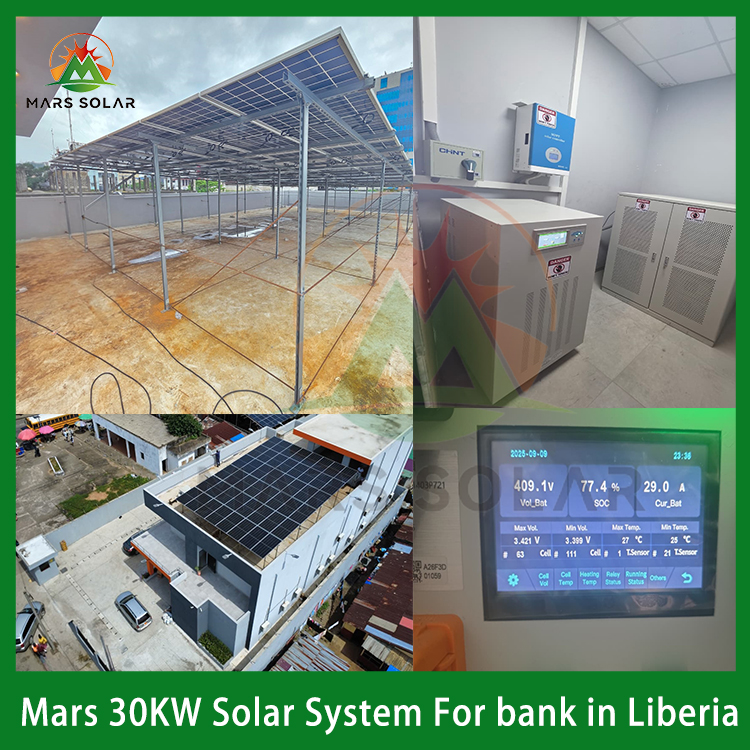 Customized Off-Grid Solar System for a Liberian Bank: Achieving Power IndependenWhen Banks Face the Challenge of "Grid Power Outages and Voltage Fluctuations": A Real-World Solution from Liberia In scenarios where the power grid is unstable and manual intervention is difficult, how to ensure the 24/7 stable operation
Customized Off-Grid Solar System for a Liberian Bank: Achieving Power IndependenWhen Banks Face the Challenge of "Grid Power Outages and Voltage Fluctuations": A Real-World Solution from Liberia In scenarios where the power grid is unstable and manual intervention is difficult, how to ensure the 24/7 stable operationDo you like ?0
Read more -
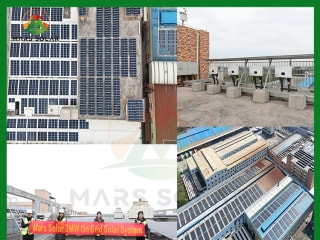 2MW Solar Panel System For Factory2MW mars solar grid-tied solar panel system for factory have designed, produced, and installed in a factory.How does Mars Solar build such a solar panel system for factory? 1. Data collection Before designing the plan, the factory owner vi
2MW Solar Panel System For Factory2MW mars solar grid-tied solar panel system for factory have designed, produced, and installed in a factory.How does Mars Solar build such a solar panel system for factory? 1. Data collection Before designing the plan, the factory owner viDo you like ?0
Read more -
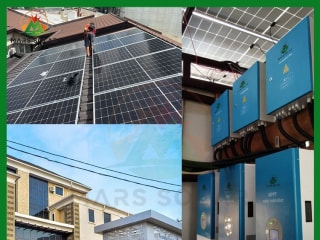 100KW Solar For Hotels And Resorts In NigeriaIn December 2024, the Mars Solar 100KW Nigeria solar for hotels and resorts project was successfully completed. In May 2024, the customer contacted Mars solar and had a series of communications on the solar for hotels and resorts project. The d
100KW Solar For Hotels And Resorts In NigeriaIn December 2024, the Mars Solar 100KW Nigeria solar for hotels and resorts project was successfully completed. In May 2024, the customer contacted Mars solar and had a series of communications on the solar for hotels and resorts project. The dDo you like ?0
Read more -
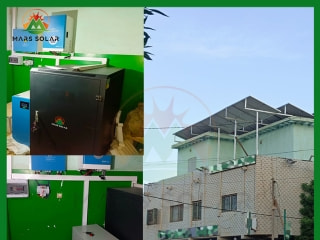 Reliable Energy Solutions for a Mali Pharmacy: 15KW Solar System Success StoryIn the heart of Mali, reliable electricity is a significant challenge, with power coming on for just 2 hours and then cutting off for 4 hours multiple times a day. This erratic power supply is particularly problematic for businesses that depend on consist
Reliable Energy Solutions for a Mali Pharmacy: 15KW Solar System Success StoryIn the heart of Mali, reliable electricity is a significant challenge, with power coming on for just 2 hours and then cutting off for 4 hours multiple times a day. This erratic power supply is particularly problematic for businesses that depend on consistDo you like ?0
Read more


